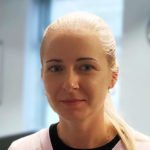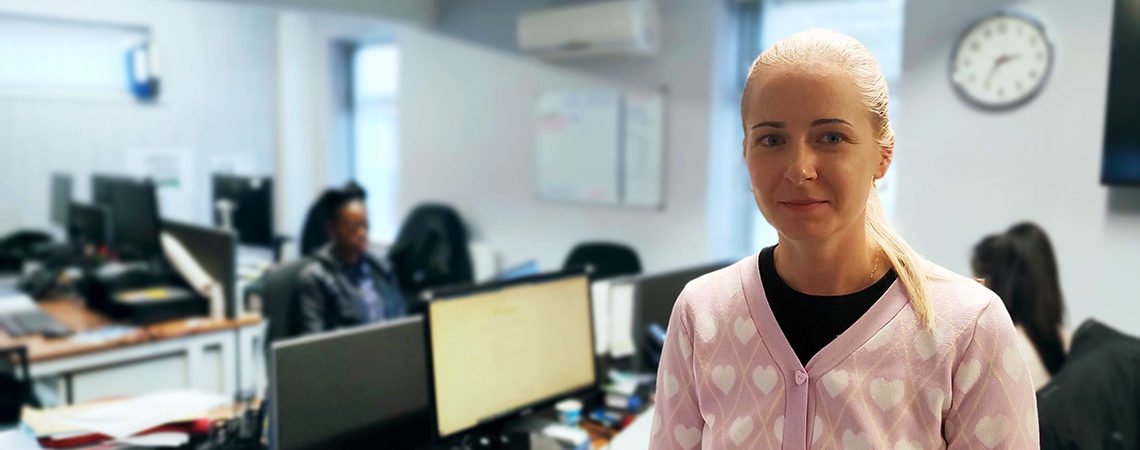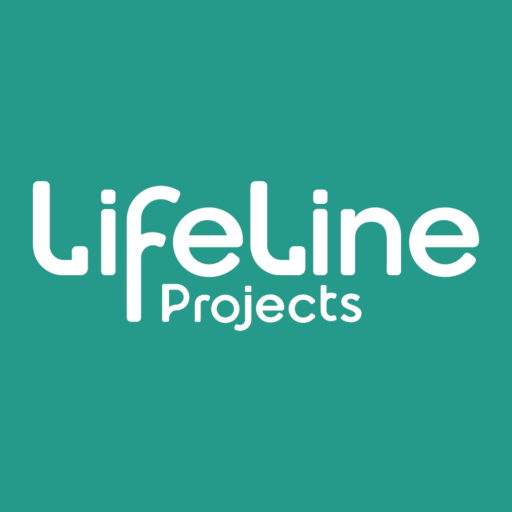This month, we’d like to introduce Agne, who joined our Healthwatch Barking and Dagenham team in July as an Engagement and Project Officer. If you live in the borough, you might have met her already when she’s been out and about running pop-up stands and carrying out surveys to gather feedback from the public on local health and care services.
How do you pronounce your surname?

Pil-kau-ski-ne. My first name Agne means “pure”. Where I’m from in Lithuania, people love these traditional names.
Where did you grow up?

In Kaunas, the second biggest city in Lithuania. But it’s small compared to London, only around 300,000 people—the population of the entire country is less than three million.
When I was growing up, we were still part of Russia. Being in London has really changed me—when I go back there now, I find it quite socially restrictive. I feel I’m more open to different things and people now. It’s a privilege to encounter so many cultures in one city.
Why did you choose to move to London?

I struggled a lot emotionally as a child and felt like I needed a new start. The minute I got my qualifications at school, I left the country with my fiancé—he already lived in the UK.
It was difficult settling in at the beginning. I mostly worked in cafés. I also found that my childhood mental trauma still had a big hold on me. I don’t think you ever lose something like that, but you have to deal with it. It meant that I matured at a very young age. Even though I faced a lot of mental challenges while growing up, it’s what made me who I am now.
And when did you get married?

It was six months after arriving in the UK. My husband says that when he first met me, he knew he was going to marry me.
When did things start to change for you?

I was working full-time in a café and I had a vision for my future. So I decided to enrol in a university and do a master’s degree in psychology.
There was this spark of light—it felt like I had found something. I knew then things were going to change.
Studying psychology helped me understand myself better and more importantly how to help other people.
What did you do after university?

The first job I had was helping people with problems in a residential setting. It was very challenging but very rewarding. It opened my eyes about how I could make positive change in people’s lives and how you have to be patient in these situations. The downside was seeing all these different families faced with complex issues—that broke my heart.
After this, I went to work for a charity in Tower Hamlets as a support worker. I was helping people with all these modern problems I couldn’t have imagined when I was younger. Most of them were dealing with severe mental health conditions due to their experiences—it was a lot to deal with. It was certainly difficult but I loved helping them. And it taught me so much; it was like a life school. What shocked me the most was how marginalised they all were—but when I saw their situations change for the better, it felt extremely rewarding.
How did you end up at LifeLine?

My first experience of LifeLine was at the community hub in East London run by Community Resources. I used to drop in there with my daughter.
The atmosphere was really dynamic, and the people there were great—they supported me through some hard times. The reason I went there in the first place was, when my daughter was born, I had stopped working for a while. That’s where I heard about the vacant role at Healthwatch with LifeLine.
What are your impressions of LifeLine?

It’s all about the people—the friendliness and the environment is great. They’re doing so many new things for the community and they’re so helpful. It feels good to use my skills again—it’s been great for my confidence.
How does your day start?

Well, my daughter is four now, so I’ve got my hands full there! I organise her playmeets, do shopping lists, exercise, and try and plan for the rest of week as much as I can.
Do you have any hidden skills?

Most people think I’m very quiet and reserved, but I used to be a professional fitness model—a bit like Arnold Schwarzenegger was. I was once on a pure protein diet for four months. Being really fit and having those muscles made me feel like I had so much physical power.
What’s the last thing you think about every day?

It’s different most days, but it’s usually about being grateful for having a home and my family being safe.
What are your plans for the future?

To be honest, I just try to live day-by-day. I just want to keep going, there’s no big plan. I’ll see where life takes me.
The big focus is bringing up my daughter. Motherhood has changed me—it’s made me understand myself better. I try to bring up her up with lots of respect, because she’s deserving of respect and understanding. Although, as a parent, I don’t demand respect from her.



